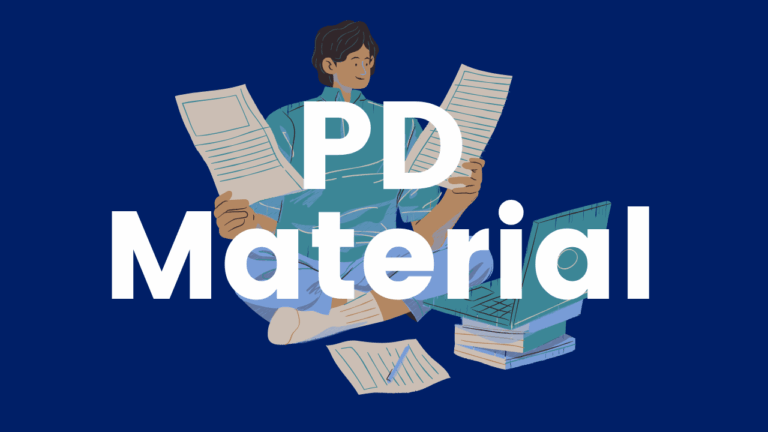10 Success Factors for Literacy Intervention: Getting Results with MTSS in Elementary Schools
This excellent, reader-friendly book helps bring the Multi-Tiered Systems of Support (MTSS) framework to life in the area of literacy, with 10 success factors to help elementary schools get results with MTSS. Success factors include “Group by Skill Deficit”, “Monitor Progress with an Appropriate Assessment”, “Use Intervention Time Wisely” and “Invest in Professional Development”. This…








